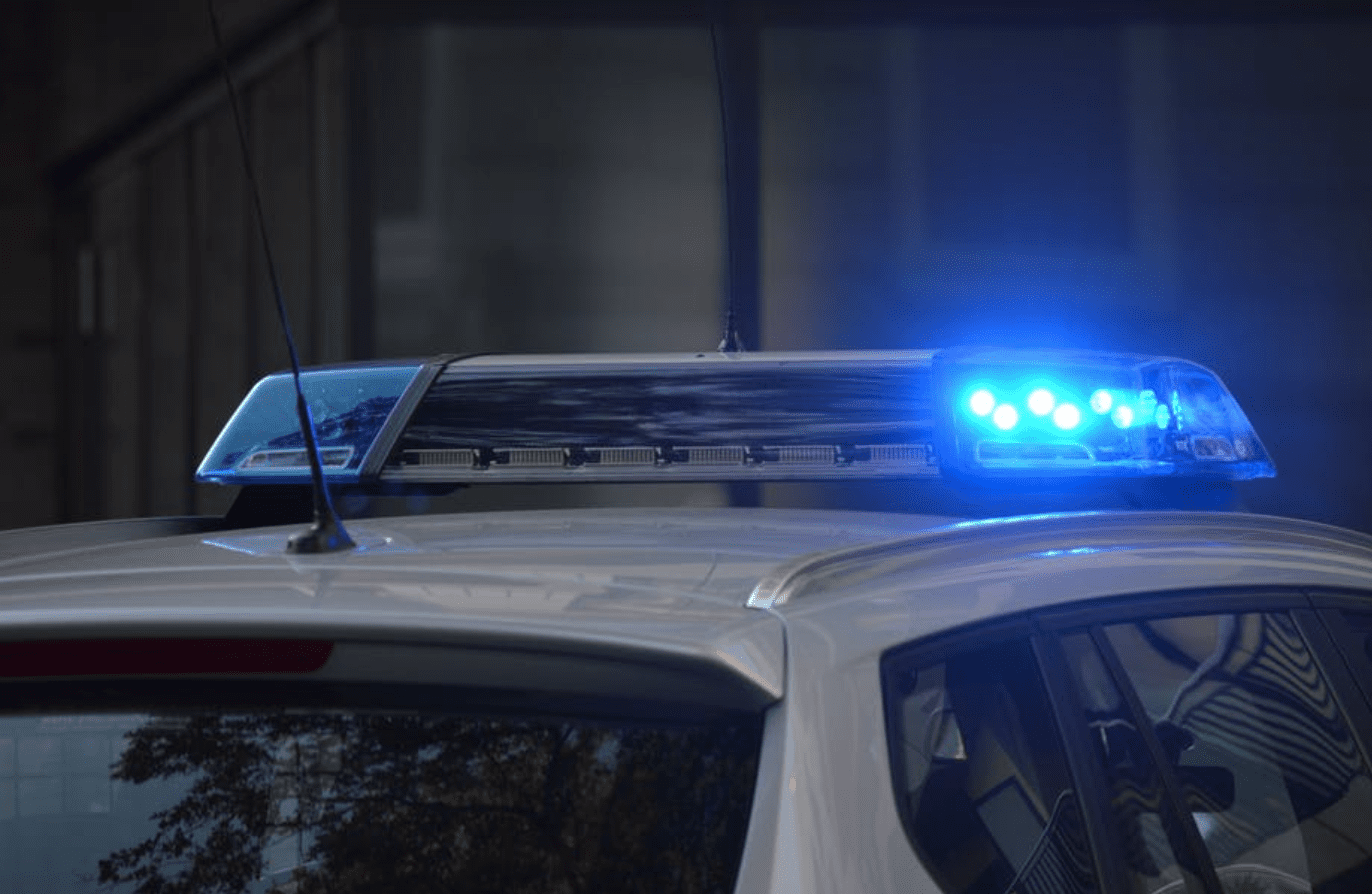The lawsuit alleges that a top Washington State Patrol toxicologist routinely misrepresented how Drager-type machines calculate drunk-driving suspects’ blood alcohol content level.
A recently filed lawsuit claims that the Washington State Patrol official responsible for ensuring the consistency and reliability of breath-test machines violated the rights of drunk driving suspects who later had their licenses revoked.
According to The Kitsap Sun, the lawsuit follows a court ruling prohibiting the admission of breath-test results in Kitsap County criminal courts.
While the complaint only names a single plaintiff, it seeks class action certification.
The lawsuit, filed in Kitsap County Superior Court, broadly alleges that Washington State Patrol toxicologist Fiona Couper made false statements regarding the legality of breath-test machines, and thereby “deprived the plaintiff of due process.”
A panel of District Court judges had already found breath machine results inadmissible in all Kitsap County cases.
The four-judge panel also determined that Couper “submitted false or misleading testimony by declaration in tens of thousands of cases.”
The Kitsap Sun notes that an estimated 81,000 people across Washington have been subjected to breathalyzer tests in the past decade.
The lawsuit specifically criticizes Washington’s procedures for revoking drunk driving suspects’ licenses.

The process, says the Sun, is administrative—not criminal—and allows the state to revoke an individual’s license so long as the breath-test results indicate that the driver was most likely impaired, irrespective of whether they were ever criminally convicted.
“This is the only way to address the wrong that Ms. Couper has caused to so many people,” attorney David LaCross of LaCross & Murphy, PLLC.
The plaintiff, adds the Kitsap Sun, was arrested in March after a Washington State Patrol trooper observed him driving 88 miles per hour on a state highway.
The trooper found the plaintiff noticeably impaired and used a Drager breath-test machine, which reported the driver had a blood alcohol content level of .10.
While Washington’s legal B.A.C. limit is 0.08, the Drager machines routinely round numbers that contain more than two digits.
State law allows B.A.C. calculations to be rounded; however, the lawsuit suggests that the Drager machines instead “truncated” the results by cutting off numbers after a certain decimal point.
Although the Kitsap Sun reports that “truncated” breathalyzer results can actually benefit defendants, the District Court panel found that this apparent benefit is inconsequential.
Instead, the judges said that the Washington State Patrol had abrogated codified procedures, with Couper repeatedly, and erroneously, testifying that the state’s Drager machines complied with state law.
“The Dräger breath test machine fails to produce accurate, precise, and reliable breath test results as required by state toxicologist scientifically approved methods and regulations, and state statute,” the judges wrote.
Chris Loftis, a spokesperson for the Patrol, told Herald.net that an “initial review of the matter indicates that this was an administrative oversight made by well-meaning professionals a number of years ago.”
“While its potential ramifications were not fully recognized earlier, it is now a matter of thorough review at the highest levels of our organization,” Loftis added.
Sources
Lawsuit filed against Washington State Patrol over DUI testing machines
Lawsuit takes aim at WSP toxicologist over driver’s license revocations
Lawyers: Breath test ruling has implications for Snohomish County DUIs


Join the conversation!